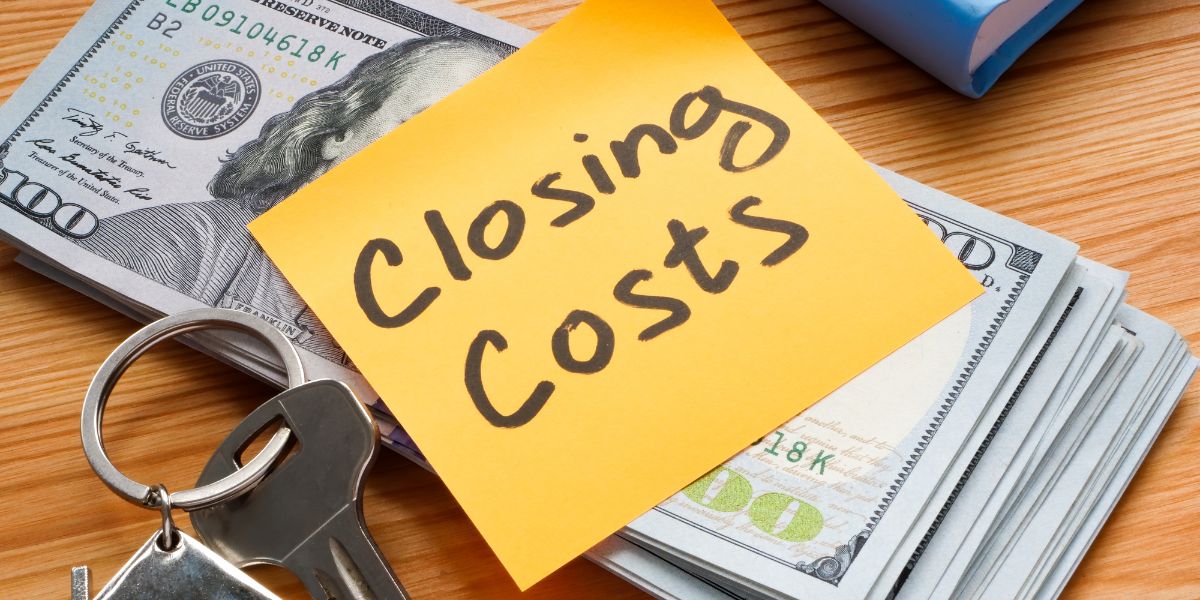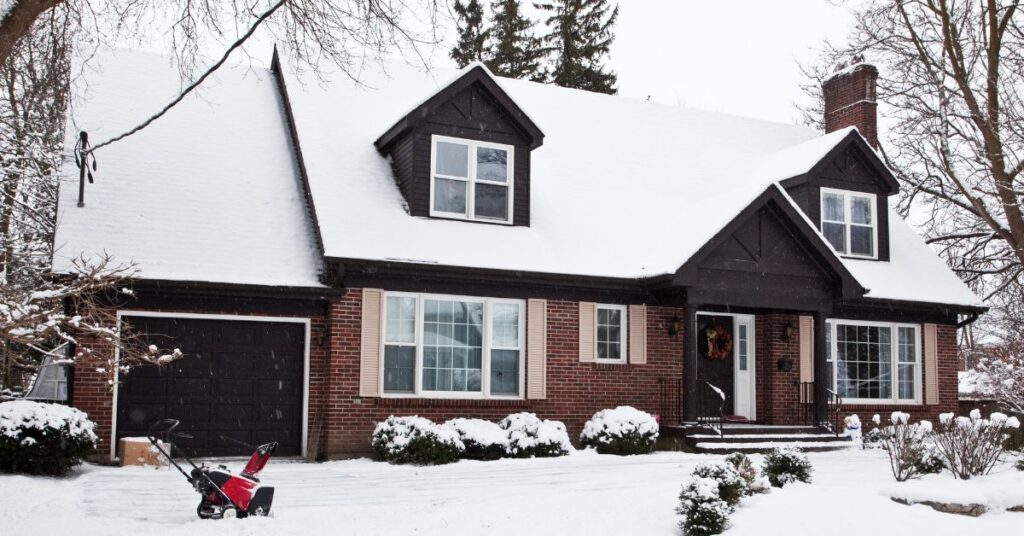Closing costs can be significant for a seller, and include real estate agent commissions, transfer taxes and fees.
You may expect a good profit once you accept an offer for your house. Then there are the closing costs that you will have to pay. Closing costs can be anywhere between 6% and 10% of the purchase price.
The good news is that unless you are a very low-equity homeowner, your closing cost can be deducted directly from the proceeds of the sale. Since the money never reaches your bank account, it hurts less if you lose it.
Three days before the closing, both you and the buyer receive a closing disclosure. The closing disclosure will include all of the specifics about the sale, including real numbers. This way you can see what the total cost is and correct any mistakes.
This article will give you an overview of the most common closing costs that sellers face, as well as some tips on how to reduce them.
Real estate agent commissions
The commissions paid to real estate agents are usually the largest closing costs that a seller pays.
The seller is often required to pay both the agent for the listing and the buyer’s agents. This usually means a 6% loss in your bottom line. So roughly 3% of each home’s sale price goes to the agents involved. This would be $15,000 on a home sale of $250,000. If you hired a discount real estate broker, you could save thousands of dollars here.
You could choose to use the “for sale by owner” method, but you would still be required to pay the buyer’s agent. If you’re looking for a low-cost agent, be aware that they may offer fewer services in exchange for their lower commission. You may be able negotiate a lower fee if you are selling in a high-demand market or if your home has a particularly high value.

Title Insurance
A seller’s title insurance policy is also a closing cost.
A title search is performed prior to the sale to confirm ownership. In some states an attorney must also review the title. Title policies protect the lender and the home buyer if they choose to purchase their own policy.
Even though it’s rare, an ownership dispute can lead to legal disputes and their associated high lawyer fees. The cost of title insurance is not negotiable, but the trouble you could avoid with it may be worth the price.
Taxes and fees
The parties may negotiate the payment of fees, but many state and local authorities determine the exact costs for recording fees and transfer taxes. The person selling their home will usually be responsible for paying the deed or property transfer tax.
Property taxes and homeowner association fees will be shared with the buyer, unless you as a seller agree to cover these. They are usually prorated according to the date of closing. As an example, if the closing date was the 15th, the seller would be responsible for the 1st through 14th. The buyer, as the new owner of the house, would be responsible for the closing costs.
In general, taxes and fees are not negotiable. However, in a hot seller’s market it may be possible to convince a buyer that they will pay more. Since local laws may define who pays for these fees, it’s unlikely that you can get them waived if the government says the seller is responsible.

Offers to sellers
You might pay for some closing costs in a buyer’s market or to get the deal done. All of these terms mean the same: seller concession, contributor or credit. A common seller concession is to agree to pay for repairs that are found during the home inspection.
The amount of concessions you can offer your buyer may be restricted by the type of loan they use. The seller’s concessions for a traditional loan that is a primary home can range from 3%-9%, depending on how much the buyer pays as a down payment and if they receive any other closing cost assistance. The Federal Housing Administration and other government-backed loans have different limits for seller concessions.
Home sellers’ costs
It’s important to remember that, even though it’s not a real closing cost when selling your home, you will still have to pay off your mortgage if you don’t own your house outright. If you pay off your mortgage early, you may have to pay a fee. Check your mortgage documents for any prepayment penalties.
You will have to pay any judgments or liens against the property before you can sell it. The title search may reveal these.
If you have a second mortgage, such as a home equity loan or home equity line of credit, you will need to pay them in full before selling. These can be subject to prepayment fees. You can’t borrow if your home is no longer owned, as those loans are secured.





